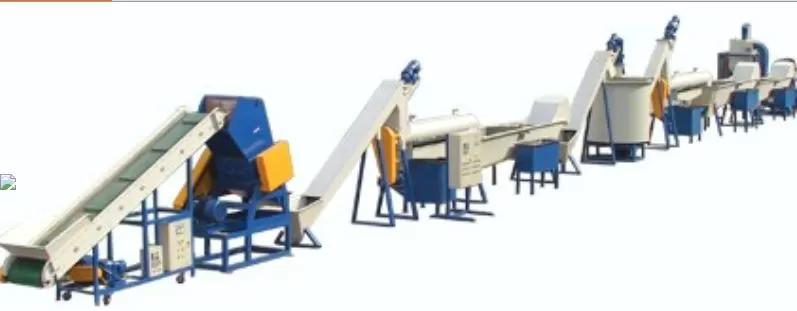Ever wondered how a small island nation like Iceland tackles the massive problem of plastic waste? It’s a question worth exploring, especially since plastic pollution is a global issue affecting even the most pristine environments. The problem is real, the stakes are high, and Iceland’s approach might surprise you.

Iceland employs a comprehensive and innovative plastic waste management strategy. This includes robust recycling programs, community engagement, and cutting-edge technologies.
Intrigued? Let’s dive deeper into the methods and practices that make Iceland a leader in plastic waste management.
What Are Iceland’s Legislative Measures?
Iceland has implemented several legislative measures to combat plastic waste. One of the most significant steps is the ban on single-use plastics, such as straws, cutlery, and shopping bags. This ban was introduced in 2020 and has significantly reduced the amount of plastic waste generated.
Additionally, Iceland has imposed strict regulations on plastic packaging. Companies are required to reduce plastic use and switch to more sustainable materials. According to Icelandic Environmental Laws, these regulations have cut plastic waste by 25% since their inception.
How Does Iceland’s Recycling Program Work?
Recycling is a cornerstone of Iceland’s plastic waste management strategy. The country boasts an extensive recycling infrastructure that processes various types of plastics. Icelandic households are encouraged to separate their waste, making the recycling process more efficient.
One innovative aspect is the “deposit-return system” for plastic bottles. Consumers pay a small deposit when purchasing beverages, which is refunded upon returning the empty bottles for recycling. This system has achieved a remarkable 90% return rate, as noted by Recycling Efficiency Reports.
How Is Technology Used in Plastic Waste Management?
Iceland leverages advanced technology to enhance its plastic waste management. State-of-the-art recycling facilities use automated sorting systems that separate plastics from other materials with high precision. This technology increases the efficiency and purity of recycled materials.
Moreover, Iceland is exploring the use of chemical recycling methods. Unlike traditional mechanical recycling, chemical recycling breaks down plastics into their basic components, which can be used to create new plastics. According to Tech Innovations in Recycling, this method could revolutionize how we handle plastic waste.
What Role Do Icelandic Communities Play?
Community involvement is crucial in Iceland’s approach to plastic waste management. The government runs extensive educational campaigns to raise awareness about the importance of reducing, reusing, and recycling plastics. Schools incorporate environmental education into their curriculums, ensuring the next generation is well-informed and proactive.
Local communities also participate in beach clean-ups and plastic waste collection drives. These activities not only help reduce pollution but also foster a sense of responsibility and community spirit. According to Community Engagement Studies, these initiatives have significantly increased public participation in waste management programs.
What Are the Challenges Faced by Iceland?
Despite its successes, Iceland faces challenges in plastic waste management. One significant issue is the import of plastic products, which can be harder to regulate and recycle. Additionally, being a remote island nation, Iceland has to deal with higher transportation costs for exporting recyclable materials.
There is also the challenge of changing consumer behavior. While public awareness is high, ingrained habits can be difficult to alter. Continuous education and incentives are necessary to encourage more sustainable practices.
How Can Other Countries Learn from Iceland?
Iceland’s approach offers valuable lessons for other countries grappling with plastic waste. The combination of strict legislation, advanced technology, and active community engagement creates a comprehensive and effective strategy. Other nations can adapt these practices to their specific contexts, improving their own waste management systems.
International collaboration is also key. Sharing knowledge, innovations, and best practices can help countries worldwide tackle the plastic pollution crisis more effectively. Iceland’s successes can inspire global action and cooperation.
What Are the Future Prospects for Iceland?
Looking ahead, Iceland continues to innovate in plastic waste management. The country is investing in research and development to find even more sustainable solutions. For instance, exploring biodegradable plastics made from natural materials is a promising avenue.
Iceland is also working on enhancing its recycling technologies to handle more complex plastics. The future looks bright as the nation strives to become even more environmentally friendly.
Conclusion
Iceland’s plastic waste management model showcases a proactive and comprehensive approach to a global problem. With robust legislation, advanced recycling technologies, and strong community involvement, Iceland sets a high standard. By learning from Iceland’s strategies, we can all contribute to a cleaner, greener planet.
Let’s take inspiration from Iceland and make a collective effort to manage plastic waste more effectively. Together, we can create a sustainable future.
